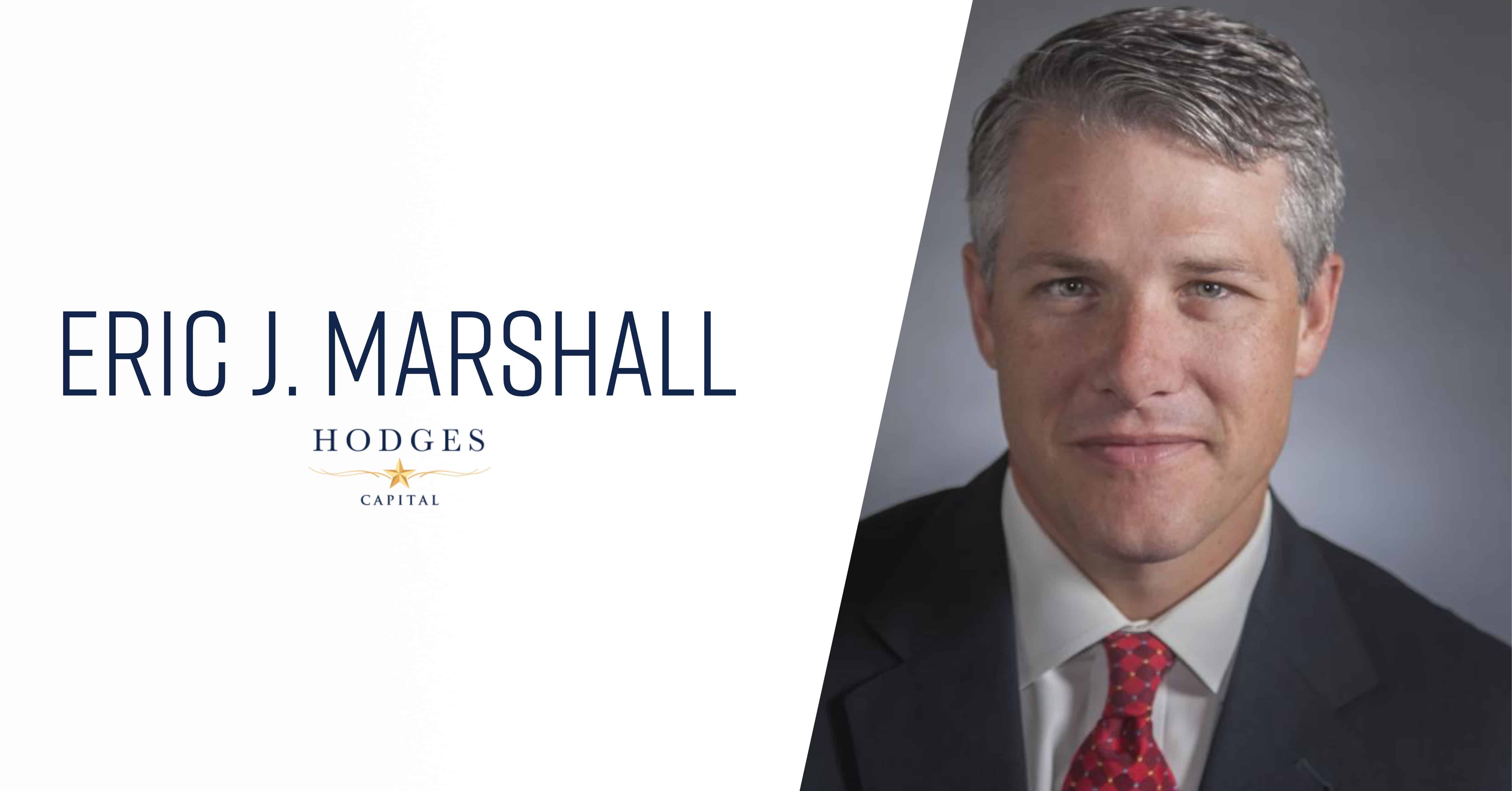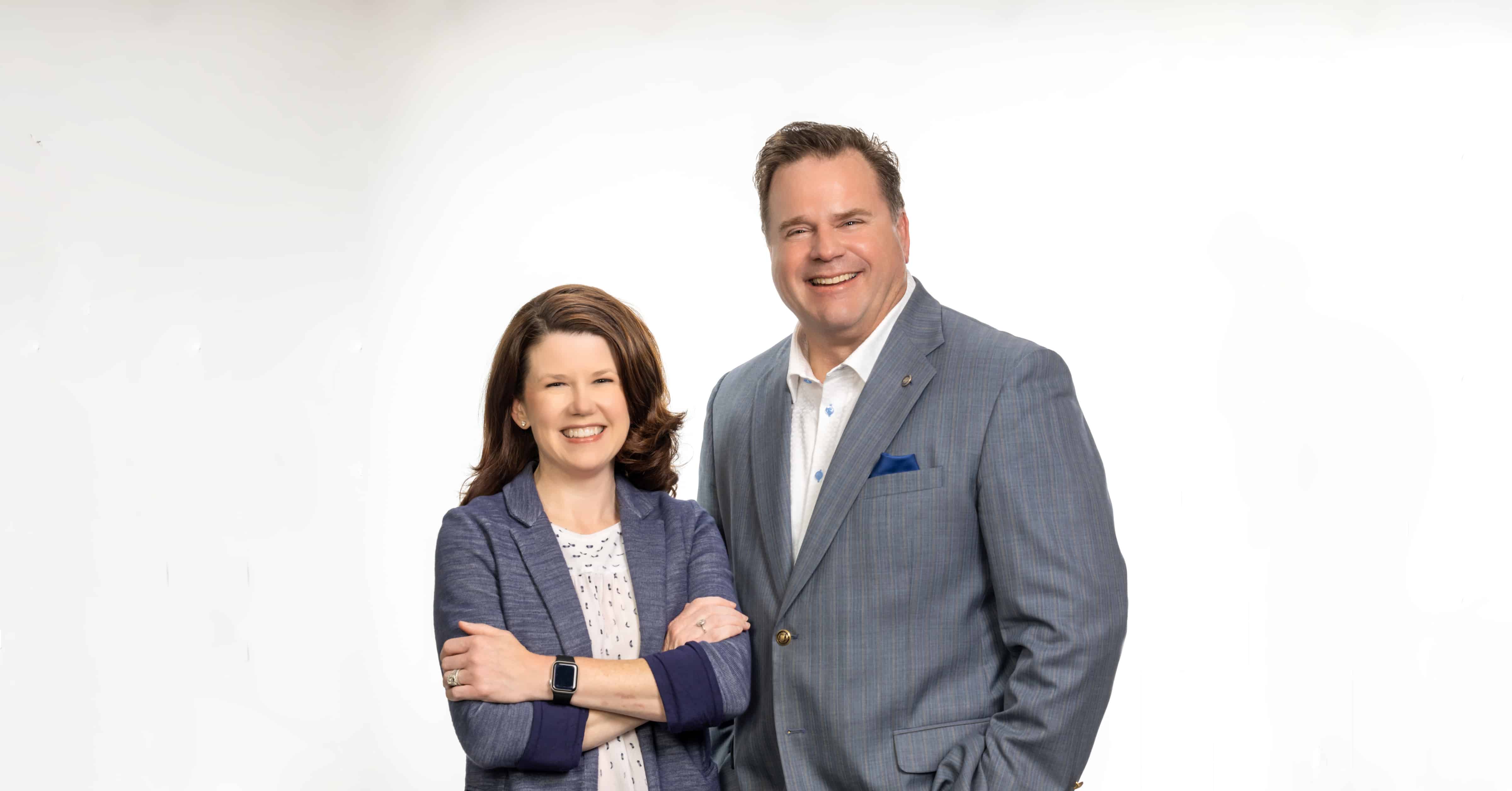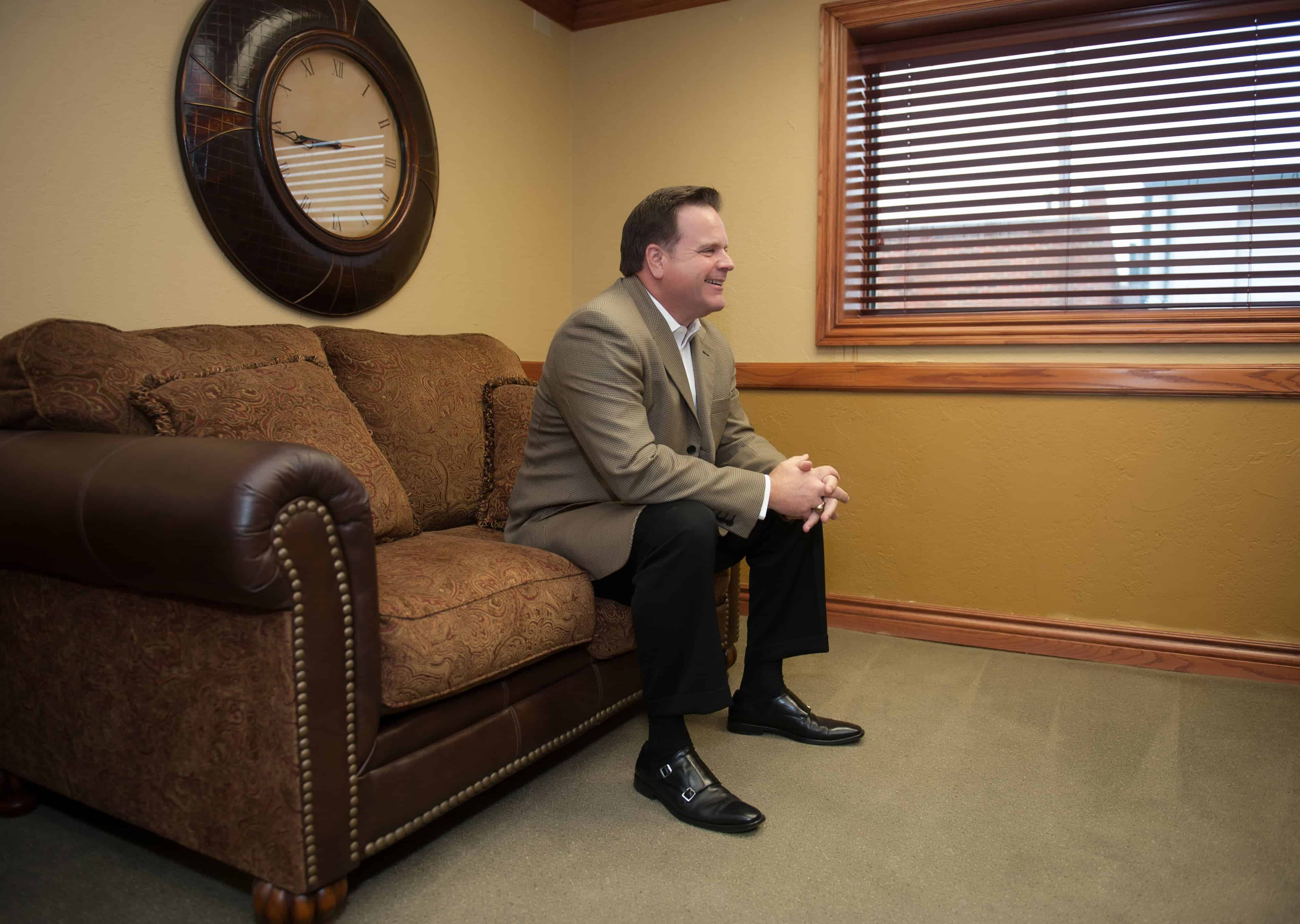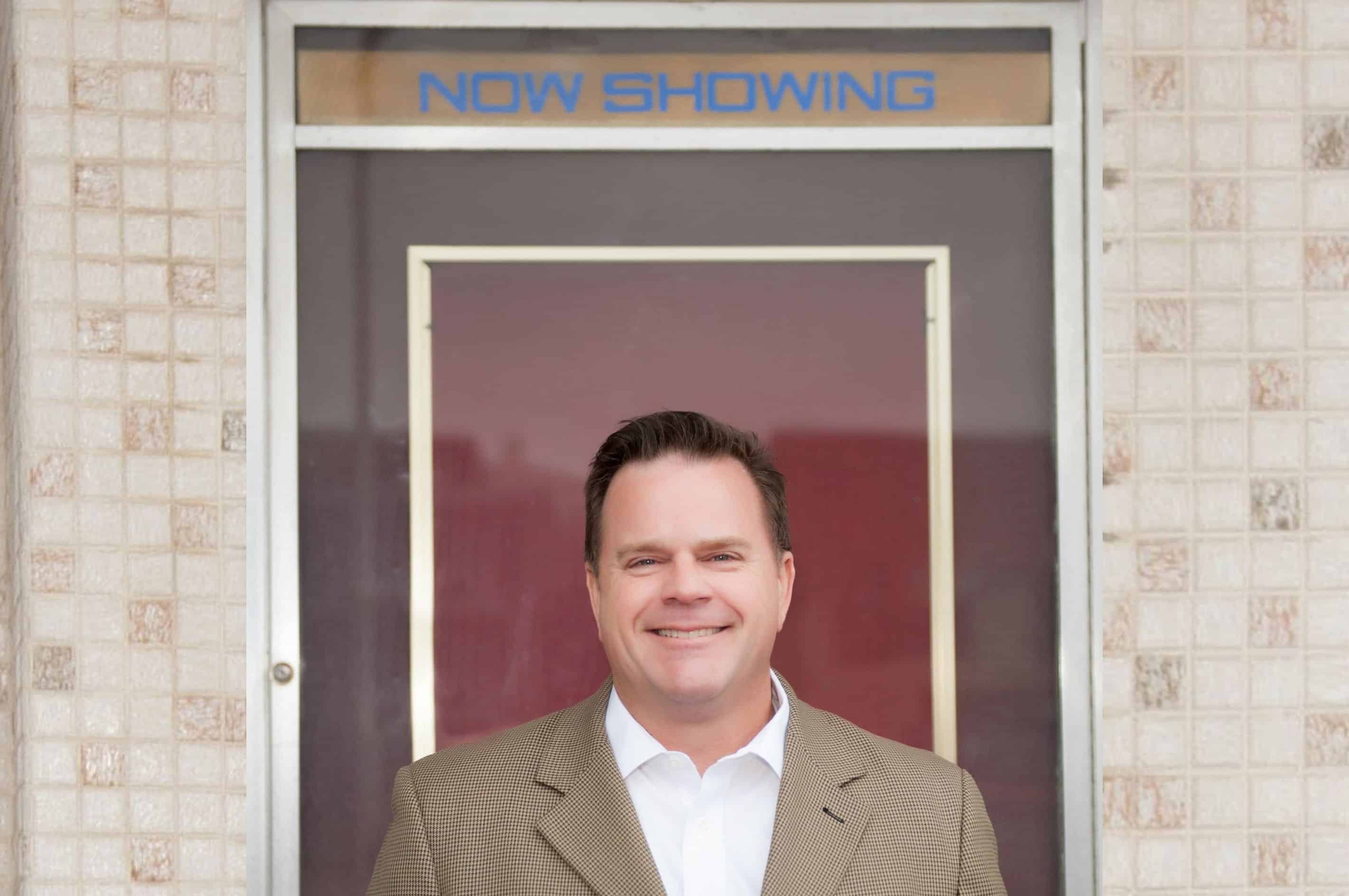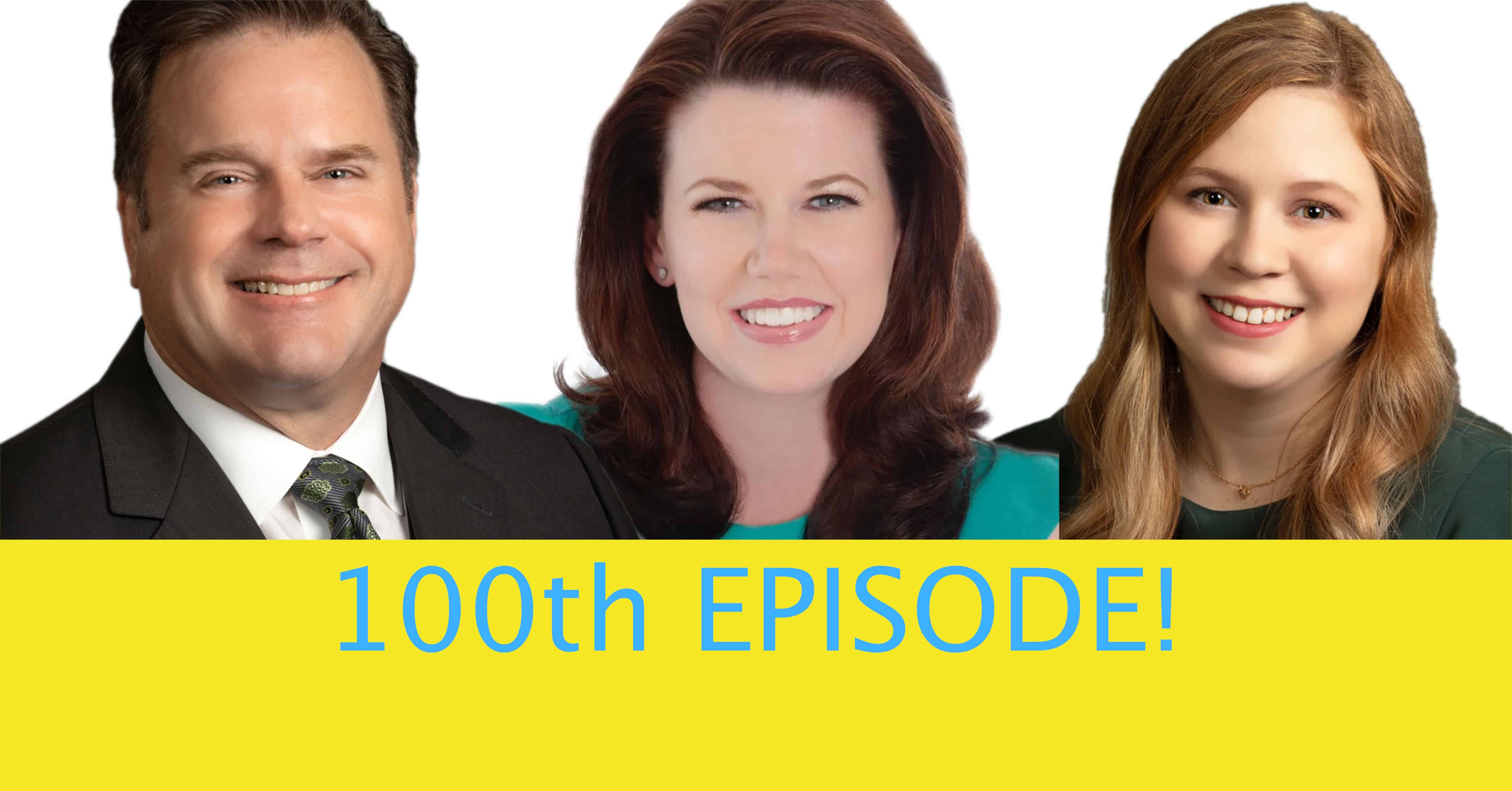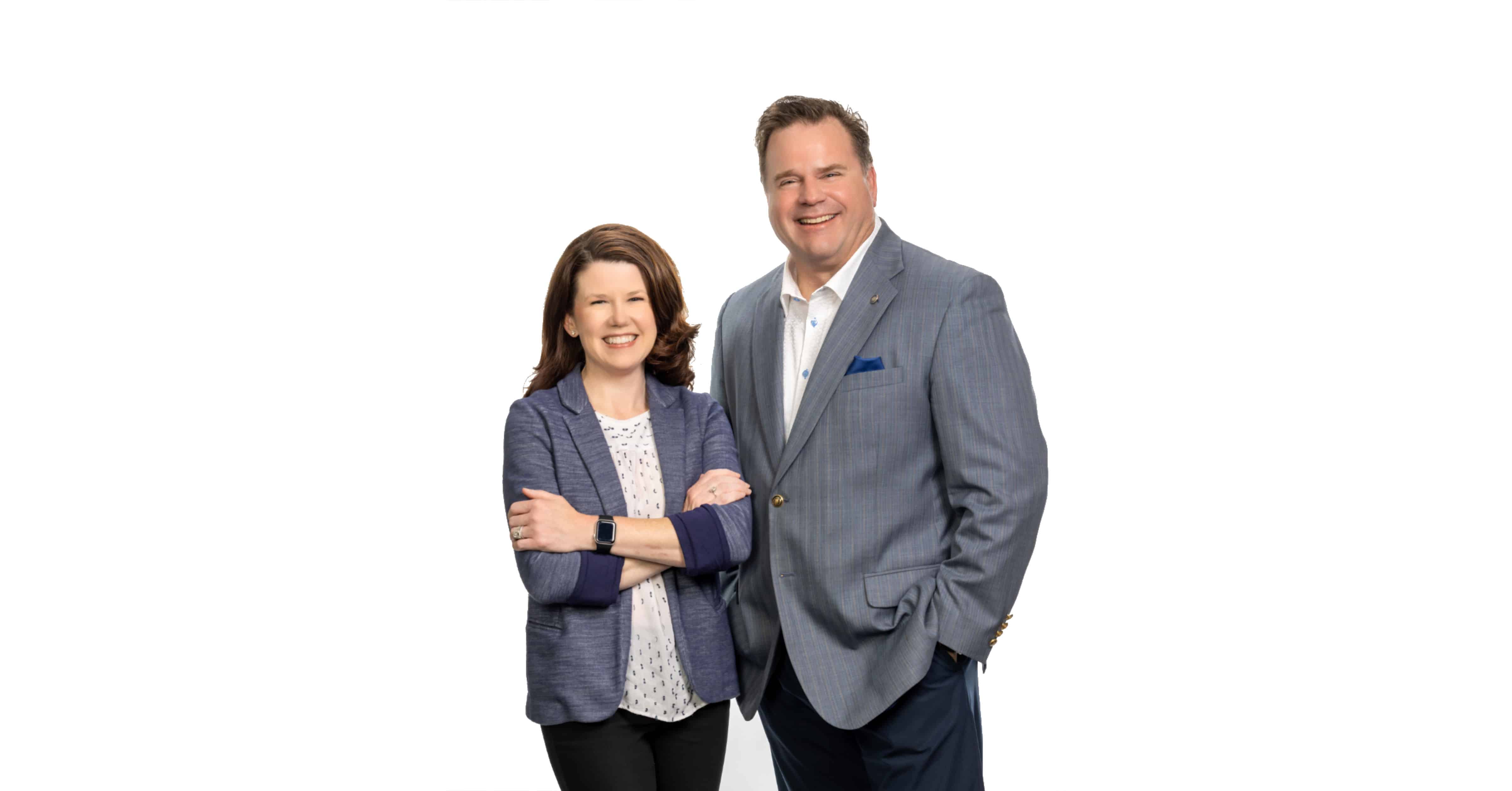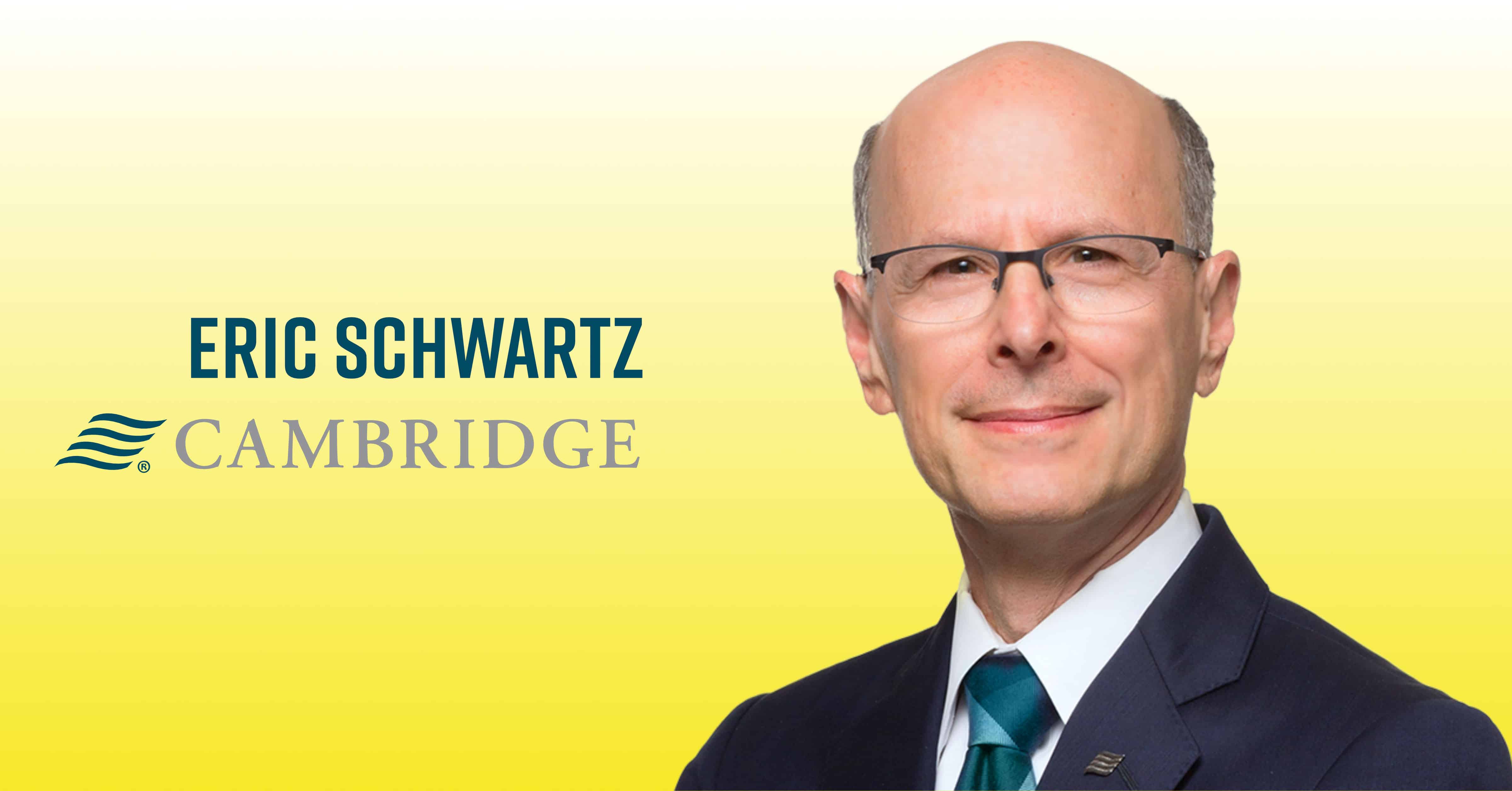Tomorrow, we celebrate mothers. If there is one person on the planet that plays the most critical role in our life it is our mother. The congratulatory comments I share with my mother when an honor has been awarded me, or I am recognized in any manner, is that I owe Mom an indeterminable amount of love and admiration for helping me receive this honor. Without her, I would not be here – literally! I know, this is a lame joke but so true.
The purpose of this column is to help our readers invest in themselves to enjoy a better life. One of the best returns on investments you can claim in life is building lasting and productive relationships with family. There is no definition of the perfect family. Life has a way of causing disagreements and dysfunction in our families.
In an analogous manner, as fellow citizens in this great country, the United States of America, we should do away with all manner of political and other differences to focus on our wonderful mothers. Particularly, I wish to share a few stories of my mother’s influence in my life.
Some of my fondest memories of childhood center around my mother. Her support in all my sporting events, cheering me up when the game did not end as I had hoped and buying ice cream for the team no matter the score all impacted me in a profound manner. To this day, I attribute my love for education and my cheerful outlook toward life to my loving parents. From my earliest days of life, I can recall my mother always telling me “You can do this” or “just a little more effort and success will be yours.”
My mother has never met two of my mentors, Jim Rohn and Zig Ziglar, but she unknowingly mirrors their approach to challenges in life. Mom has a “never say quit” attitude about challenges. Her life began in 1936 as the middle child in a very rural, poor family. She regales me with stories of picking cotton in Arizona and owning only one pair of shoes that grandmother allowed her to wear in winter months. She did not finish her high school education in the traditional sense but earned her GED later in life. In true warrior fashion, she enrolled in a community college and completed her Associates Degree!
The value I strive to bring to those I meet is one of positivity. Our world requires that each of us bring our best self to help each other achieve greatness on our terms. Although I earned a few corrective actions from my parents in life (there were many more actions they did not know about!) their love and dedication to us, their children, has never waned.
It is with great humility that I share one last fact with you – I am the luckiest man on the planet to be born in the United States of America to a dedicated, supportive and positive mother as a role model to life. Of course, my father is a great man, and I will share his contributions to my life with you next month in this column.
Wealth is not all about money and assets. True wealth is defined as those things in life that money cannot buy, and death cannot take away. If you wish to create a plan for your future, to include instilling your familial beliefs as well as financial wealth, in the process of legacy building for your children, please contact a CERTIFIED FINANCIAL PLANNERTM professional. Leave your family the values that never fade with time.





